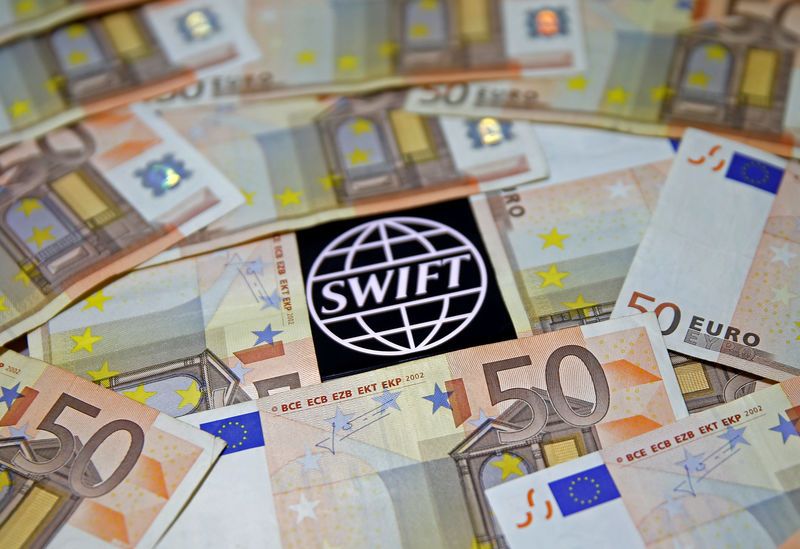(ATF) The People’s Bank of China (PBoC) has set up a joint venture with SWIFT, the global system for financial messaging and cross-border payments, in a sign that China is exploring global use of the digital version of the yuan – China’s national currency.
SWIFT (the Society for Worldwide Interbank Financial Telecommunication) set up a venture – Finance Gateway Information Services Co Ltd – with several institutions under the PBoC on 16 January, according to information posted last week on the website of China’s National Enterprise Credit Information Publicity System.
With paid-in capital of 10 million euros ($12 million), the JV’s business scope includes information systems integration, data processing and technological consultancy, the website said.
SWIFT has invested 5.5 million euros for a 55% stake in the JV, while the Chinese central bank’s clearing centre has contributed 3.4 million euros and owns 34% of the joint venture.
Other stakeholders of the Beijing-based venture include China’s Cross-border Interbank Payment System (CIPS), PBoC’s digital currency research institute and the Payment & Clearing Association of China.
“SWIFT and four payments market participants and infrastructure providers are setting up a joint venture to comply with Chinese regulatory requirements,” SWIFT said in a statement to Reuters.
The joint venture “will be able to obtain necessary licences for local network management activities … and its services will be limited in scope and entirely focused on maintaining compliance with applicable regulations in China,” it added.
SWIFT set up a wholly foreign-owned unit in Beijing in 2019.
Industry professionals expect the PBoC’s link-up with SWIFT to help propel international use of the digital yuan.
“There’s a reason why PBoC’s digital currency research institute is a shareholder of the JV. Its collaboration with SWIFT will help the digital yuan to better connect with international financial facilities, which will in turn promote the internationalization of the digital currency,” Li Lianxuan, chief researcher at blockchain data company OKLink, said.
In Li’s view, Digital Currency Electronic Payment (DC/EP) – the central bank’s digital currency – and the CIPS both have complementary and collaborative relationships with SWIFT. They are not alternatives to SWIFT.
“SWIFT is essentially a telegraph communication system used for the exchange of payment instructions. It does not cover the entire process of clearing. Different countries have different payment systems to complete the fund transfers between bank accounts. The CIPS system, at present, is only directly accessible to domestic institutions, and not foreign institutions. Therefore, foreign institutions must entrust domestic counterparts through SWIFT to handle cross-border transfer businesses,” Li said.
The collaboration will enable DC/EP and CIPS to handle cross-border renminbi payments, and help cement SWIFT’s status as an international financial infrastructure, Li noted.
Digital currency frontrunner
China is a frontrunner in the global race to launch central bank digital currencies, having launched domestic trials in several major cities including Shenzhen, Chengdu and Suzhou.
In its latest trial, the Chinese central bank is offering Beijing residents the chance to nab 200 yuan ($31) for free – handing out 10 million yuan ($1.4 million) in total – to help establish the digital yuan’s credibility ahead of the 2022 Winter Olympics in the national capital.
The digital yuan will help increase oversight of money flows, while also raising the efficiency of cross-border payments and facilitate yuan internationalization, HSBC said in a recent report.
China’s cross-border payment system CIPS is both a partner and a rival with SWIFT amid growing Sino-US tensions.
Greater use of the CIPS instead of the Belgium-based SWIFT system would reduce exposure of China’s global payments data to the United States, BOC International (BOCI) said in a report last July.
However, SWIFT said it provides connectivity and messaging services that links market infrastructures and financial institutions to the global financial community.
“Since 2016, SWIFT and CIPS have been working together to offer SWIFT as the secure, efficient and reliable channel to connect CIPS with SWIFT’s global user community,” SWIFT added.
























